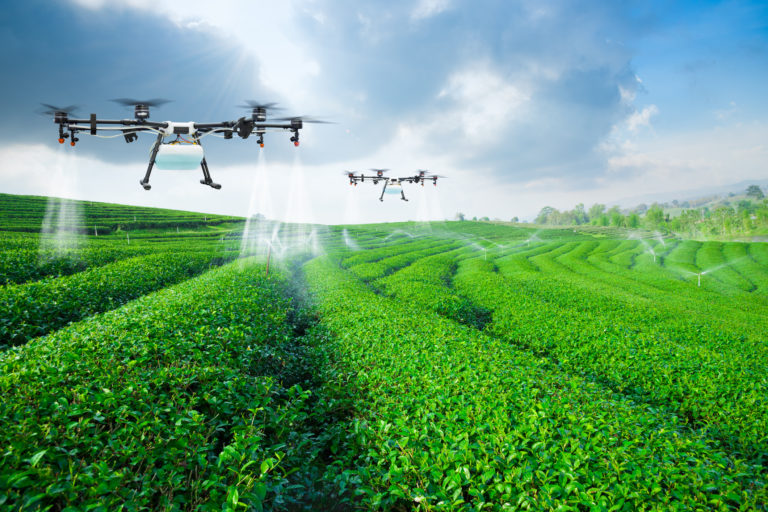Revolutionizing Sustainable Agriculture
Agriculture has been the backbone of human civilization for thousands of years. However, as the world population grows and the impact of climate change becomes more severe, the need for sustainable agriculture practices has become increasingly important. Fortunately, technology has made significant advancements in recent years, allowing for more efficient and sustainable agriculture practices.
Precision Farming
Precision farming, also known as precision agriculture or site-specific crop management, is a method of using technology to manage crops more efficiently and sustainably. This technique involves collecting and analyzing data about a farm's soil conditions, weather patterns, and crop growth to determine the exact amount of fertilizer, water, and other inputs required for optimal crop growth.
One of the most widely used technologies in precision farming is the Global Positioning System (GPS), which allows farmers to track and monitor their crops' growth and health in real-time. By using drones and other aerial vehicles equipped with GPS and high-resolution cameras, farmers can quickly detect crop damage and other issues, allowing them to take corrective action before significant crop losses occur.
Another technology that is commonly used in precision farming is the Internet of Things (IoT). IoT sensors are used to collect data on soil moisture, temperature, and nutrient levels, allowing farmers to make informed decisions about when to water and fertilize their crops.
Vertical Farming
Vertical farming is a relatively new technique that involves growing crops in vertically stacked layers, using artificial lighting and controlled environments. This method is highly efficient, as it can produce crops year-round and in any location, regardless of climate or weather conditions.
Vertical farming also allows for significantly reduced water consumption, as the water used in the system is recycled and reused. Additionally, the controlled environment eliminates the need for pesticides and herbicides, reducing the environmental impact of farming.
Robotics and Automation
Another technology that is revolutionizing sustainable agriculture is robotics and automation. Autonomous vehicles, drones, and robotic equipment are becoming increasingly common in agriculture, providing farmers with more efficient and cost-effective ways to manage their crops.
Autonomous tractors and other farming equipment can perform tasks such as planting, harvesting, and spraying pesticides with greater precision and accuracy, reducing waste and improving crop yields. Drones can be used to monitor crop growth and detect potential problems, allowing farmers to take corrective action before significant crop losses occur.
Artificial Intelligence and Machine Learning
Artificial intelligence (AI) and machine learning (ML) are also making significant contributions to sustainable agriculture. By analyzing vast amounts of data on soil quality, weather patterns, and crop growth, AI algorithms can provide farmers with real-time insights into their crop yields, helping them optimize their farming practices and reduce waste.
AI-powered systems can also detect potential problems in crops, such as pests or diseases, allowing farmers to take corrective action quickly. Additionally, machine learning algorithms can be used to predict crop yields, providing farmers with valuable insights into their potential harvests.
Conclusion
Technology is revolutionizing sustainable agriculture, providing farmers with more efficient and cost-effective ways to manage their crops. Precision farming, vertical farming, robotics and automation, and AI and machine learning are just a few of the technologies that are transforming the way we grow our food.
As we face the challenges of a growing global population and the impacts of climate change, it is essential that we continue to invest in these technologies to ensure that our agricultural practices remain sustainable and productive for generations to come.




Post a Comment